Neuigkeiten bei GREIF-VELOX
Wertvolle Informationen über aktuelle Trends und Entwicklungen für Unternehmen, Ingenieure, Techniker und Partner, die bei den Themen rund um Abfüllanlagen und Verpackungsmaschinen auf dem Laufenden bleiben wollen.
Entdecken Sie unsere Sammlung von Fachartikeln und Branchennews, die einen guten Einblick in unsere Expertise und Schwerpunkte geben.

Ungeplante Stillstände zählen zu den größten Industrie-Herausforderungen. GREIF-VELOX steigert die OEE mit smarten digitalen Lösungen nachhaltig.
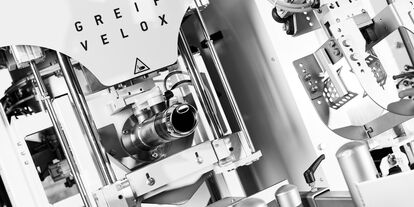
Sichere Pulverabsackung in der Lebensmittel- und Chemieindustrie unter ATEX-Bedingungen.
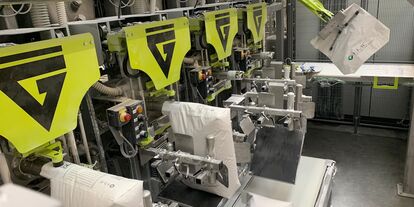
Durch die Kombination leistungsstarker Abfüll- und Verschließtechnik erreicht AKD Toftlund höchste Prozesssicherheit – und reduziert Ausschuss sowie Produktverluste deutlich.
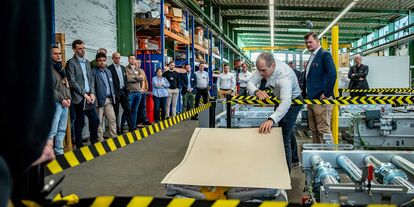
Mit unserer FOOD CONNECT 2025 haben wir am 13. November in Lübeck eine Plattform geschaffen, die Fachleute aus den Bereichen Produktion, Verpackung und Automatisierung zusammenbringt.
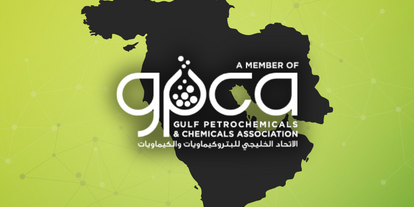
Im Rahmen unserer strategischen Expansion im Nahen Osten ist GREIF-VELOX nun offizielles Mitglied der Gulf Petrochemicals and Chemicals Association (GPCA) .

Um unsere Technologien für die Pulver- und Flüssigkeitsabfüllung zukunftssicher weiterzuentwickeln, haben wir eine strategische Partnerschaft mit der ei³ Corporation geschlossen.
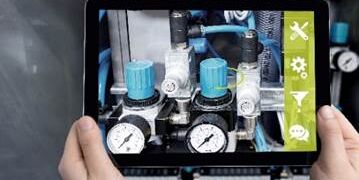
Mit der neuen Wartungsvereinbarung von Greif-Velox sichern Betreiber jetzt langfristig die Leistungsfähigkeit ihrer Anlagen – und profitieren von messbaren Vorteilen:
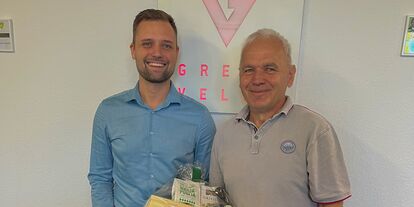
Seit 35 Jahren prägt Bernd Tillack mit seiner Erfahrung, seinem Fachwissen und seiner Leidenschaft die Entwicklung bei Greif-Velox.
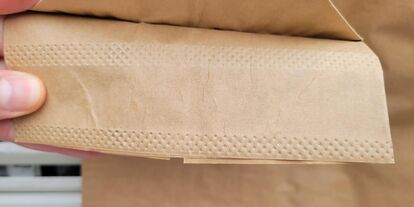
Jetzt abstimmen für unsere Ultraschall-Verschweiß-Innovation!
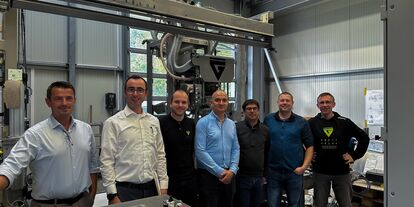
Gleich zwei erfolgreiche Factory Acceptance Tests (FAT) fanden kürzlich in unserem Werk in Lübeck statt:
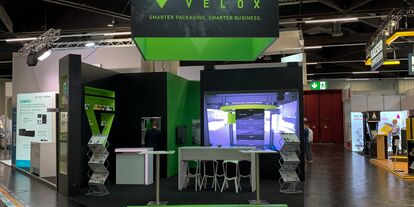
Vom 23. bis 25. September präsentierte sich Greif-Velox auf der POWTECH & TECHNOPHARM 2025 in Nürnberg mit einem starken Signal: Innovation, Effizienz und partnerschaftlicher Austausch stehen bei uns im Mittelpunkt.
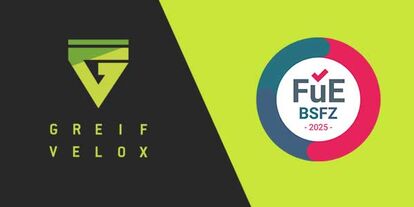
Innovation gehört zur DNA von GREIF-VELOX: Seit der Einführung im Jahr 2021 erhalten wir jedes Jahr aufs Neue das Siegel der Forschungszulage (FuE).